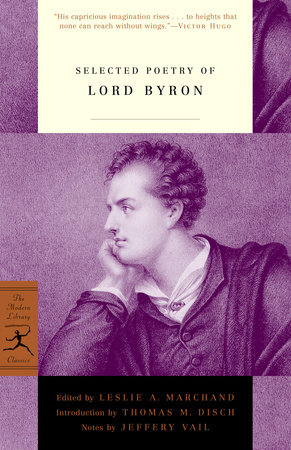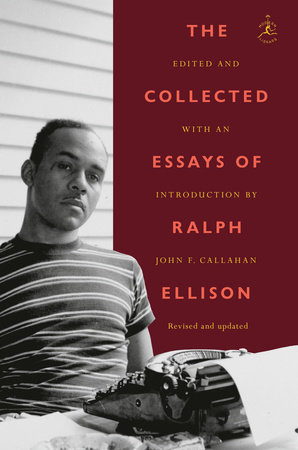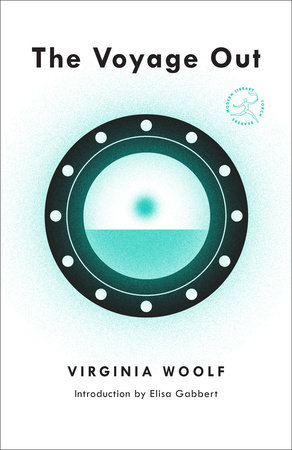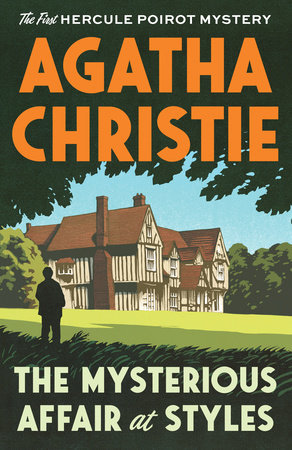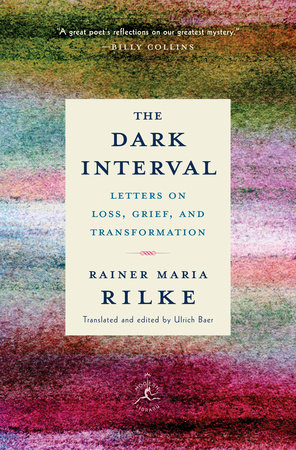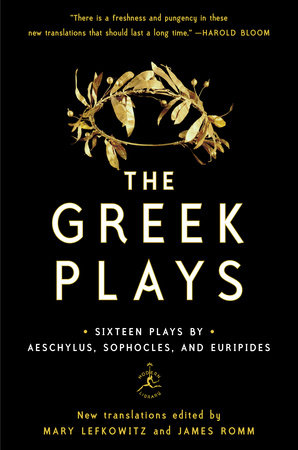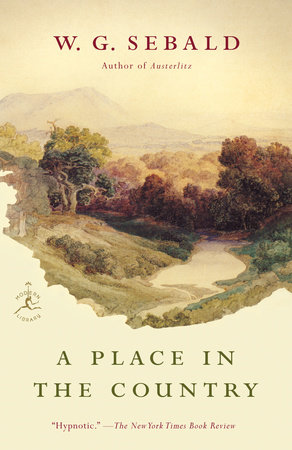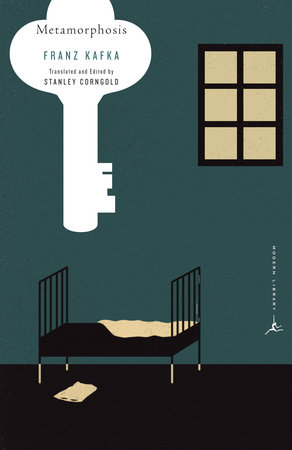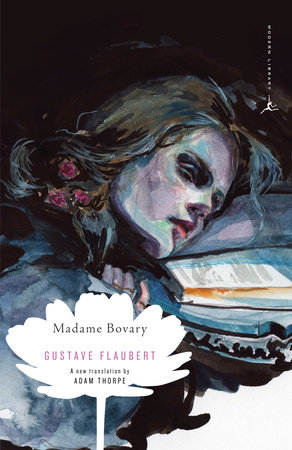Excerpt
Selected Poetry of Lord Byron
It would have pleased Lord Byron to know that, having been the most renowned, imitated, and execrated of the major romantic poets, he is now, almost two centuries later, the least honored and the most ignored and deplored of that select few. For he thrived on giving of-fense. He was a sexy, swaggering contrarian whose wisecrack answer to the earnest inquiry of Concerned Virtue, “What are you rebelling
against?” would have been the same as Marlon Brando’s: “What have ya got?”
As with Brando, behind the mask of the rebel shaking his fist at prim respectability was the furrowed brow of a sensitive guy not afraid to cry, a misunderstood teenage werewolf or, better yet, a vampire—a possibility he darkly hinted at in his letters.* Byron pictured himself (under the alias of Childe Harold) wandering about the Alps at mid-night alternately exulting in thunderstorms and crying tears of secret melancholy. Generations of readers have thrilled with a sympathetic vibration to that particular passage (“Child Harold, Canto 3, stanzas xcii–xcvii). But the storm passes and the poet moves to other scenes, other feelings, other roles. He roars at the ocean—a splendid roar
(Canto 4, stanza clxxix); he luxuriates among the odalisques of his harem or runs off with someone else’s, then addresses songs to her— such songs! lyrics of irresistible seductiveness—following which he joins his gentlemen friends for brandy and cigars and brags to them of his exploits on the tilting grounds of love, a perfect cad. Those who prize sincerity in poets and would hold them to their word, as to a marriage vow, cannot but take exception to such will-o’-the- wisp fickleness of purpose. That was the Prosecution’s chief charge against Lord Byron back when; that is its charge now. And now it is a graver charge, for the one sin a poet cannot be forgiven in our age is lying in the confessional of his poetry. Read any of his poems titled “Stanzas for Music”; for instance, the one that begins:
I speak not, I trace not, I breathe not thy name,
There is grief in the sound, there is guilt in the fame:
But the tear which now burns on my cheek may impart
The deep thoughts that dwell in that silence of heart.
The sound is so smooth that the comma-spliced phrases glide by almost without making sense. Indeed, some of his best-loved lyrics don’t bear thinking about at all. “She walks in Beauty, like the night / Of cloudless climes and starry skies.” What or who is being likened to the night, she or beauty?
To ask such a question is to be deaf to the poem. As well ask the meaning of the viola’s recurring theme in Berlioz’s
Harold in Italy, or of a kiss. Byron’s love lyrics are pure blarney, part of the apparatus of seduction of the nineteenth century’s most accomplished make-out artist. One doesn’t ask for good sense from such entertainers but rather intoxication, which together with love is one of the favorite themes of their songs. “Oh, Believe Me If All Those Endearing Young Charms,” an internationally popular song of Byron’s time, was written by Thomas Moore, his best friend, professional rival, biographer, and literary executor, and it was the beau ideal and bull’s-eye of poetic aspiration: a “parlor song” of lilting melody, elegant diction, sweet sentimentality, and unexceptionable good taste. Moore, who was also an accomplished performer, was the most successful purveyor of such goods in the early Romantic era, but Byron wrote a couple of dozen almost as endearing and enduring, including one addressed to Moore himself, which he wrote, drunk, on a Carnival night in Venice:
So we’ll go no more a-roving
So late into the night,
Though the heart be still as loving,
And the moon be still as bright.
For the sword outwears its sheath,
And the soul wears out the breast,
And the heart must pause to breathe,
And Love itself have rest.
Though the night was made for loving,
And the day returns too soon,
Yet we’ll go no more a-roving
By the light of the moon.
* Recently that hint has been taken up by the novelist Tom Holland, who has portrayed
Byron as a vampire in his three horror novels,
Lord of the Dead, Slave of My Thirst, and
Deliver
Us from Evil.


